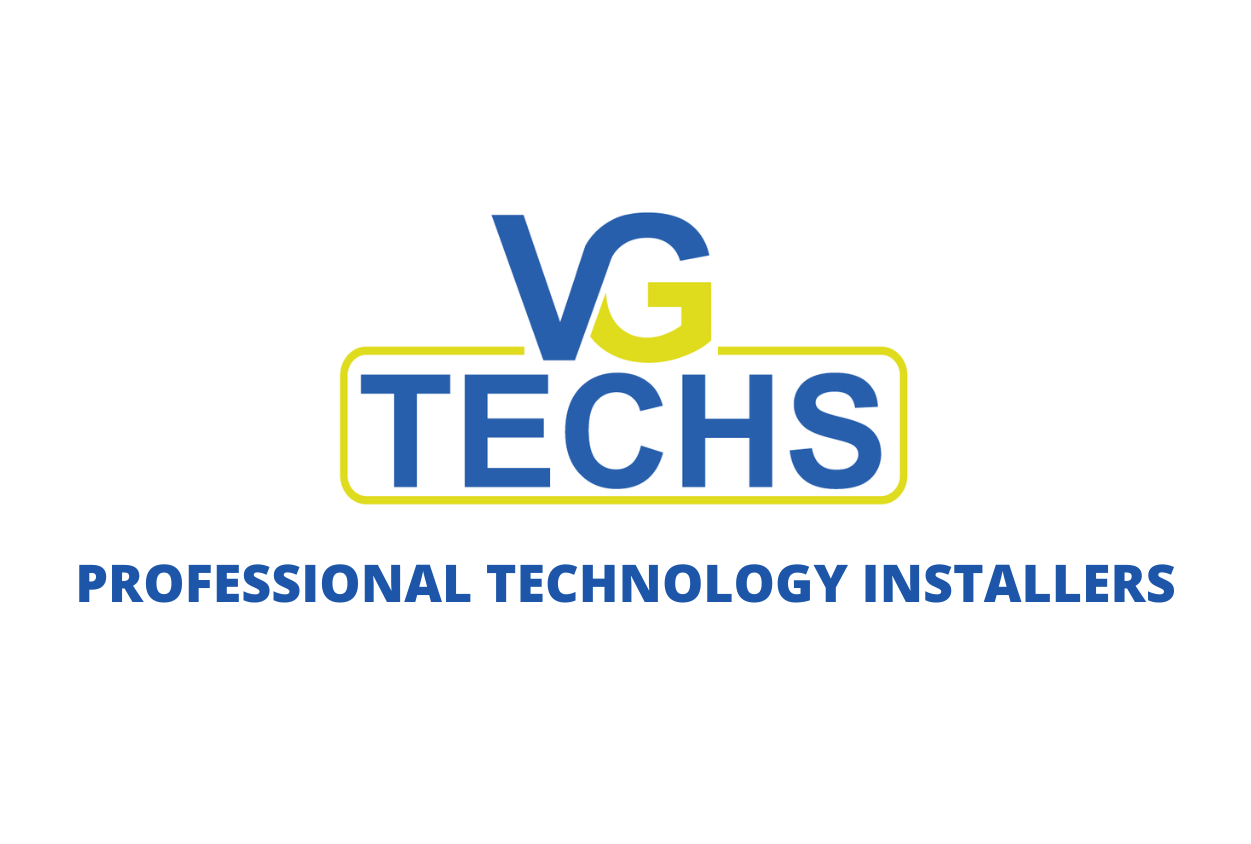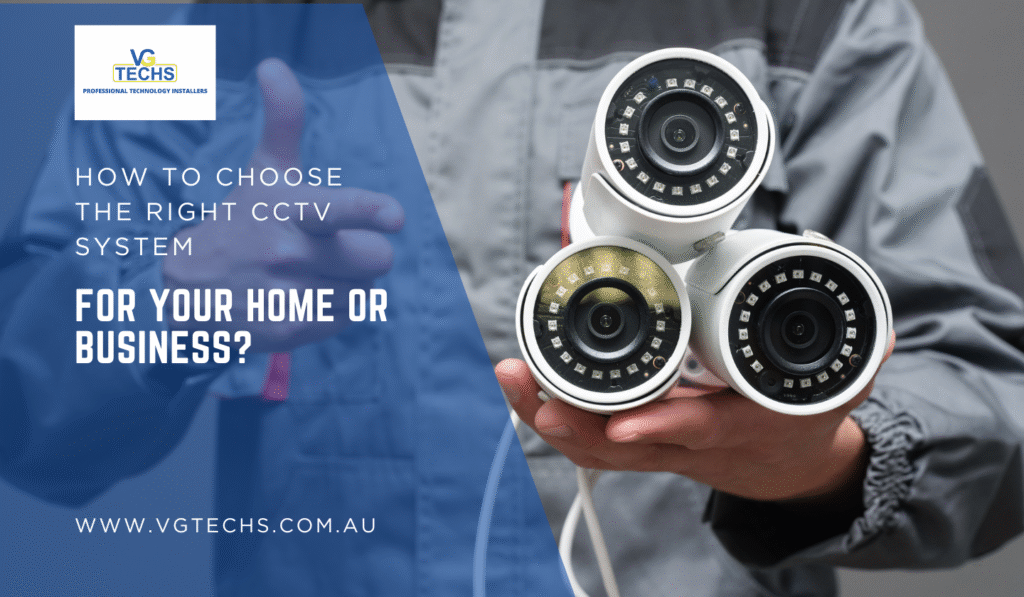Installing a CCTV system is one of the most effective ways to protect your property, deter criminal activity, and provide peace of mind. However, with so many options available in the market, choosing the right system can feel overwhelming. Whether you’re securing your home or business, understanding the key factors will help you make an informed decision that meets your specific security needs.
Understanding Your Security Requirements
Before diving into technical specifications, take time to assess your unique security needs. Walk around your property and identify vulnerable areas such as entry points, blind spots, and high-value locations that require monitoring. Consider whether you need indoor cameras, outdoor surveillance, or both. Think about the level of detail you want to capture – do you need to identify faces clearly, or is general monitoring sufficient for your purposes?
For businesses, consider your operating hours, the number of employees, customer traffic, and any specific compliance requirements. Residential properties might focus more on perimeter security, package delivery areas, and family safety.
Types of CCTV Systems
Analog Systems are the traditional choice, offering reliable basic surveillance at an affordable price point. These systems use coaxial cables and are suitable for smaller properties with straightforward monitoring needs.
IP (Internet Protocol) Systems represent the modern standard, providing superior image quality and advanced features. These digital systems can integrate with your existing network infrastructure and offer remote viewing capabilities through smartphones and computers.
Wireless Systems eliminate the need for extensive cabling, making installation easier and more flexible. However, they require stable Wi-Fi connectivity and regular battery maintenance for some components.
Hybrid Systems combine analog and IP technologies, allowing you to upgrade gradually while protecting your existing investment.
Key Features to Consider
Resolution significantly impacts image quality. While 1080p HD is now standard, 4K cameras provide exceptional detail for critical areas. Higher resolution means larger file sizes and more storage requirements, so balance quality needs with practical considerations.
Night Vision capabilities are essential for 24/7 security. Look for cameras with infrared LEDs or advanced low-light sensors that can capture clear footage in complete darkness.
Storage Options include local recording via DVR/NVR systems, cloud storage, or hybrid solutions. Consider how long you need to retain footage and ensure adequate storage capacity. Local storage offers more control and potentially lower ongoing costs, while cloud storage provides off-site backup and remote access.
Motion Detection and Smart Features can reduce storage needs and alert you to important events. Advanced systems offer person detection, vehicle recognition, and integration with smart home platforms.
Indoor vs. Outdoor Considerations
Outdoor cameras must withstand weather conditions, requiring proper IP ratings for water and dust resistance. Look for cameras rated IP65 or higher for Australian weather conditions. Consider mounting height, lighting conditions, and potential vandalism when positioning exterior cameras.
Indoor cameras can focus more on discreet design and integration with your home’s aesthetics. Privacy considerations become more important with indoor surveillance, especially in homes with family members.
Professional Installation vs. DIY
While DIY systems have become more user-friendly, professional installation ensures optimal camera placement, proper cable management, and system configuration. When searching for security cameras perth wa, professional installers bring expertise in local building codes, optimal positioning for Perth’s climate conditions, and ongoing technical support.
Home security installers perth can assess your property’s unique characteristics, recommend appropriate equipment, and ensure your system operates reliably from day one. Professional installation often includes warranties, training on system operation, and future support services.
Budget Considerations
CCTV systems range from basic starter packages to comprehensive enterprise solutions. Consider both upfront costs and ongoing expenses such as cloud storage subscriptions, maintenance, and potential upgrades. Investing in quality equipment upfront often proves more cost-effective than repeatedly replacing cheaper alternatives.
Factor in installation costs, additional accessories like extra cables or mounting hardware, and any required permits or approvals for your installation.
Making Your Decision
Start by listing your must-have features versus nice-to-have options. Research reputable brands known for reliability and customer support. Read reviews and seek recommendations from others who have installed similar systems.
Ready to secure your property with the perfect CCTV system? VG Techs specializes in designing and installing customized security solutions for Perth homes and businesses. Our experienced team will assess your needs, recommend the ideal system, and provide professional installation with ongoing support. Contact VG Techs today for a free consultation and take the first step toward comprehensive security protection.




